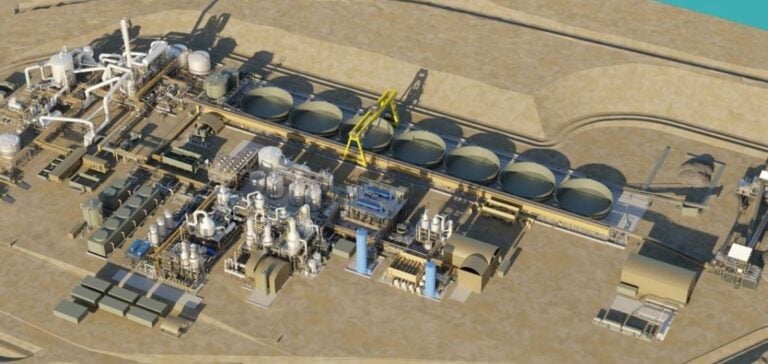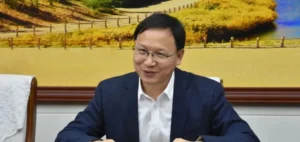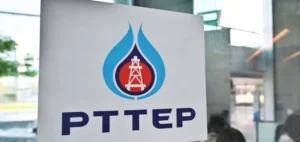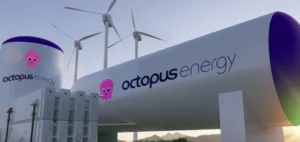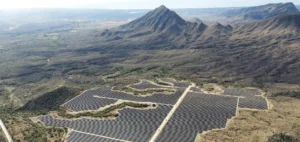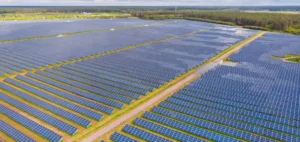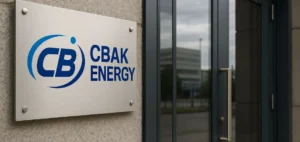U.S. mining and battery recycling companies are mobilizing to secure nearly $25 billion in conditional loans from the Department of Energy’s Loan Programs Office (LPO). Under the Biden administration, these loans are aimed at strengthening the supply chain for critical minerals, essential to the electric vehicle industry and energy production.
However, these loans require final approvals, a long and complex process that raises concerns in a context of political uncertainty.
The run-up to the presidential elections in November is prompting these companies to speed up the process, fearing that Donald Trump’s possible return to the White House could jeopardize access to funding.
The Trump administration has already indicated, via its “Project 2025” initiative, its intention to review or even close the LPO, a scenario that could considerably slow down the development of projects for lithium, nickel and other strategic minerals.
The stakes of a potential loan freeze
Financing critical mineral extraction and recycling projects is vital to the US energy transition.
Blocking or slowing loan approvals could limit companies’ ability to develop domestic production infrastructure.
Against this backdrop, companies such as ioneer, with its Rhyolite Ridge project, and Lithium Americas, which is developing the Thacker Pass project, are looking to secure funding ahead of a possible change in political direction.
These projects, which aim to reduce dependence on imports of strategic metals, could be put on hold as a result of extended deadlines or changes in loan allocation criteria.
The LPO, which rigorously examines each funding application on the basis of financial viability and technical soundness, finds itself in a delicate situation.
While the program is designed to offer continuity through administrative changes, the approach of a Trump administration could negatively influence the speed and effectiveness of this support.
Industry strategies and adaptations
Battery recycling companies and mining developers are working to adapt their strategies to meet current requirements while anticipating potential changes.
Plug Power, involved in hydrogen development, continues to work closely with the Department of Energy to finalize a $1.66 billion loan.
Similarly, Li-Cycle and Redwood Materials are continuing their efforts to finalize the conditional financing required to set up their recycling capacities.
Internal discussions and strategic decisions are multiplying as companies assess the risks involved in obtaining loans.
For many, political uncertainty represents a critical variable to be factored into investment decisions.
The current administration has stepped up efforts to reduce the risks associated with volatile raw materials markets, but companies must also prepare for less favorable scenarios.
Outlook for the US supply chain
The stakes for the sector are high: strengthening the domestic supply chain for critical minerals in order to compete with international players, particularly in China, who currently dominate the markets for metals such as lithium and cobalt.
A delay or halt in funding could not only have a direct impact on current projects, but also discourage future investment in key infrastructure.
Dependence on imports also exposes companies to the risks of fluctuating prices and availability of materials.
Political uncertainties amplify these concerns, making government support via loans a central element of US companies’ development strategies.
The next few months will be crucial in determining whether these projects can go ahead as planned, or whether they will be delayed by policy changes.

